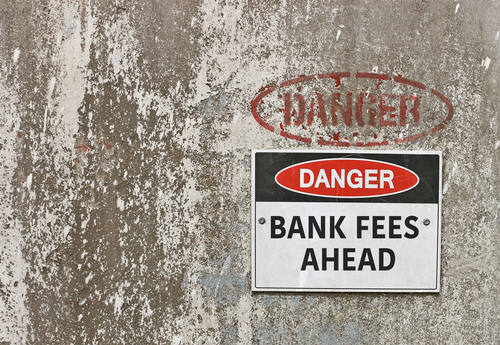The Consumer Financial Protection Bureau (CFPB) issued guidance this week on what it calls two junk fee practices that it sees as unfair and unlawful.

One of them refers to surprise overdraft fees, while the other involves the practice of indiscriminately charging depositor fees to every person who deposits a check that bounces. CFPB officials said these overdraft and depositor fees likely violate the Consumer Financial Protection Act prohibition on unfair practices when consumers cannot reasonably avoid them.
“Americans are willing to pay for legitimate services at a competitive price but are frustrated when they are hit with junk fees for unexpected or unwanted services that have no value to them,” CFPB Director Rohit Chopra said. “We are providing guidance on existing law that will help law-abiding businesses seeking to fairly compete and the families they serve.”
Surprise overdraft fees occur when customers do not reasonably expect their actions to incur an overdraft fee. They often occur when financial institutions employ unintelligible or manipulative processes, even when customers have a positive balance. They may occur when a bank displays that a customer has sufficient available funds to complete a debit card purchase at the time of the transaction, but the consumer is later charged an overdraft fee. The charge usually comes via complex back-office practices to justify charging the fee.
In September, CFPB penalized Regions Bank for charging surprise overdraft fees known as authorized positive fees. Regions is required to reimburse consumers all the funds it unlawfully charged since August 2018 and pay a $50 million penalty.
The depositor fees occur when the consumer deposits a check that bounces. Some banks charge a fee in the range of $10 to $19 to the person depositing the check, even though he or she had no idea it would bounce or no control over it. Charging a fee to the depositor penalizes the person who could not anticipate the check would bounce while doing nothing to deter the originator from writing bad checks.
The CFPB warns financial companies through this guidance that these practices likely violate the Consumer Financial Protection Act.
This guidance is part of the CFPB’s larger junk fee initiative, which seeks to increase competition and reduce unnecessary financial burdens on consumers.